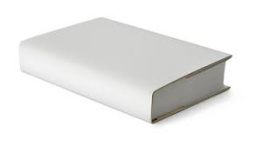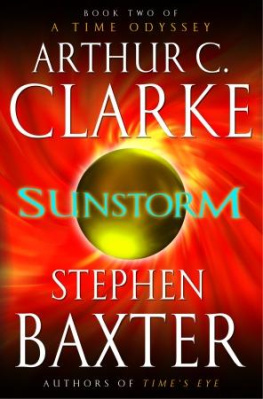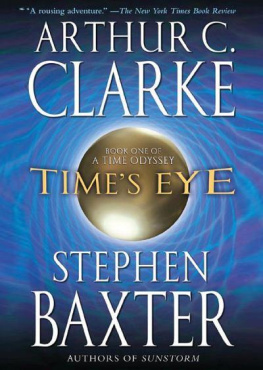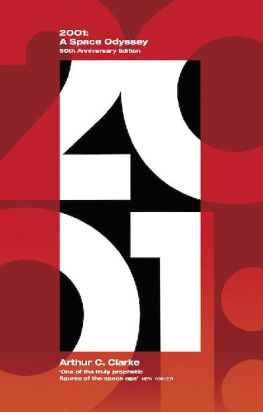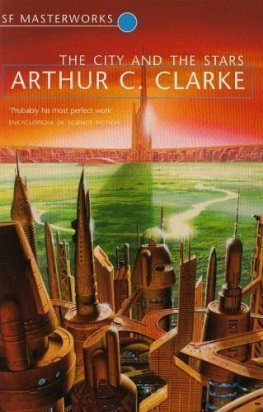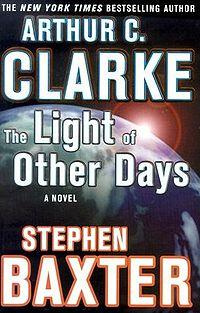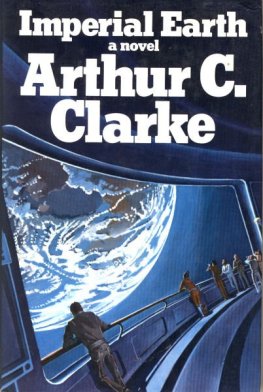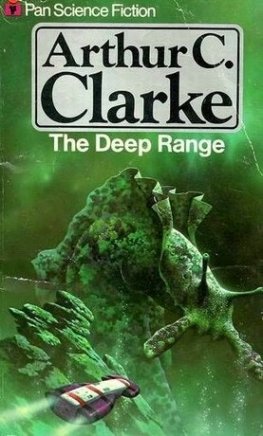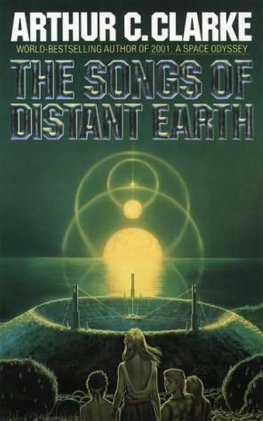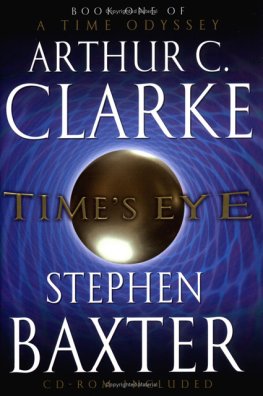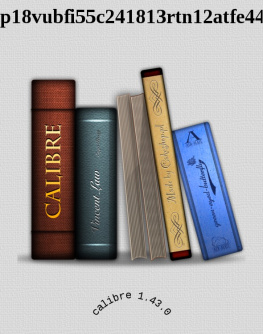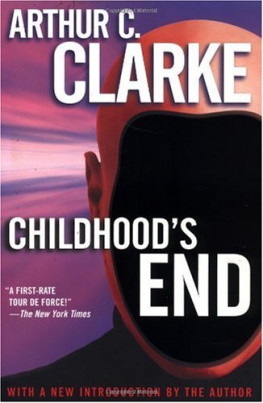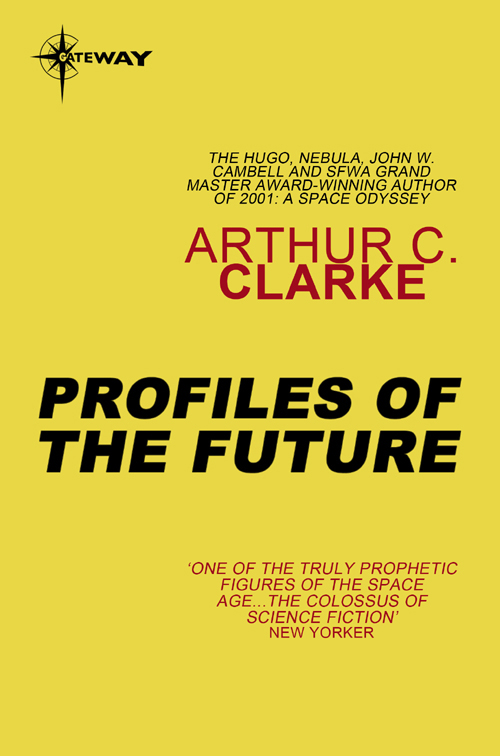Enter the SF Gateway
In the last years of the twentieth century (as Wells might have put it), Gollancz, Britains oldest and most distinguished science fiction imprint, created the SF and Fantasy Masterworks series. Dedicated to re-publishing the English languages finest works of SF and Fantasy, most of which were languishing out of print at the time, they were and remain landmark lists, consummately fulfilling the original mission statement:
SF MASTERWORKS is a library of the greatest SF ever written, chosen with the help of todays leading SF writers and editors. These books show that genuinely innovative SF is as exciting today as when it was first written.
Now, as we move inexorably into the twenty-first century, we are delighted to be widening our remit even more. The realities of commercial publishing are such that vast troves of classic SF & Fantasy are almost certainly destined never again to see print. Until very recently, this meant that anyone interested in reading any of these books would have been confined to scouring second-hand bookshops. The advent of digital publishing has changed that paradigm for ever.
The technology now exists to enable us to make available, for the first time, the entire backlists of an incredibly wide range of classic and modern SF and fantasy authors. Our plan is, at its simplest, to use this technology to build on the success of the SF and Fantasy Masterworks series and to go even further.
Welcome to the new home of Science Fiction & Fantasy. Welcome to the most comprehensive electronic library of classic SFF titles ever assembled.
Welcome to the SF Gateway.
This book originally appeared in 1962, and was based upon essays written during the period 1959-61. Since it was concerned largely with ultimate possibilities, and not with achievements to be expected in the near future, even the remarkable events of the last decade have dated it very little. The chapter Rocket to the Renaissance, for example, now appears even more timely than when it was written in 1960, nine years before the first men walked on the moon.
What-has changed and in ways that no one could possibly have predicted is our entire attitude towards the future, and especially towards technology as a whole. Profiles was one of the first samples of a deluge of books about the future; today, there are societies, foundations, journals devoted to the study of futuristics. The bibliography is getting quite out of hand, and the best way of keeping track of it is through the World Future Society, and its excellent magazine The Futurist.
Why has the future suddenly become respectable? There is certainly no simple or single explanation. It may be because most educated men have at last begun to understand the imperatives of change, and the urgent need to prepare for the inevitable revolutions in almost every field of human activity. Having lived through several revolutions in half a lifetime makes it easier to accept the possibility that others are still to come.
And yet this fascination with the future has generated its own antithesis, particularly in the so-called affluent or developed societies. There is a growing disenchantment with progress (however this may be defined) and even a feeling that, in many directions, we have already gone too far.
Some of this attitude, especially among the young, reflects the general malaise of the 1960s the by-product of traumatic assassinations, disastrous wars, and the other evils of that unhappy decade. Faced with these horrors, it was understandable that many should have decided that it was all the fault of the scientific-technological approach just as, forty years earlier, their equally sincere and intelligent precursors often blamed everything on capitalism. In each case, there was a lot of truth in the accusations; but it was not the whole truth, and the suggested cures were often worse than the disease.
By the end of the 1960s, the revulsion against the industrial societys excesses had led to a revulsion against reason itself. The drug culture, the yippies, the revival of interest in witchcraft, astrology and eccentric religions, the tendency to adopt sandals and beads and to hitch-hike to Katmandu all these were part of the same pattern. And there was a curious irony in the fact that, at the moment in history when the East was desperately trying to acquire the technology of the West, the West was turning to the East in search of spiritual guidance.
Hopefully, much good may, in the long run, emerge from this ferment of ideas and philosophies. The extremists on both sides will cancel out; what will be left may be a greater reverence for the organic world, but not an uncritical acceptance of all that is natural. There are many natural things that should be stamped on, hard and much that is artificial that should be given the utmost encouragement.
I am happy to see that, even in the first edition of this book, I had come out strongly against some of the waste and stupidity of the modern industrial state (see, eg, Chapter 12), though I do not claim to be a premature Ecofreak. At the same time, I cannot pretend that this work will be very much use to those who are struggling to rectify the ills of todays societies. In fact, in some areas it may well be worse than useless, because I am not concerned with the problems of the near future, but with ultimate possibilities. The subtitle An Inquiry into the Limits of the Possible describes exactly what I had in mind. I can well imagine how discouraging it might be, to those struggling to solve todays problems with todays technologies, to read about the wonderful tools we will possess in the middle of the next century. The other day I had to take a taxi through the teeming slums of Calcutta to deliver a talk largely based on this book. In those circumstances, it was not easy to be optimistic about any future.
I would like to express my thanks to all those readers who have made useful comments on the original edition, and particularly to Robert E. Button, COMSATs Director of Governmental and Foundation Relations, who has used the work as a textbook for his University of Virginia classes for several years and whose nudgings are partly responsible for this revision.
Some of the ideas in this volume have also been developed in more detail, or in other directions, in two later books Voices from the Sky and Report on Planet Three.
Arthur C. Clarke
Colombo, Ceylon
1972
It is impossible to predict the future, and all attempts to do so in any detail appear ludicrous within a very few years. This book has a more realistic yet at the same time more ambitious aim. It does not try to describe the future, but to define the boundaries within which possible futures must lie. If we regard the ages which stretch ahead of us as an unmapped and unexplored country, what I am attempting to do is to survey its frontiers and to get some idea of its extent. The detailed geography of the interior must remain unknown until we reach it.
With a few exceptions, I am limiting myself to a single aspect of the future its technology, not the society that will be based upon it. This is not such a limitation as it may seem, for science will dominate the future even more than it dominates the present. Moreover, it is only in this field that prediction is at all possible; there are some general laws governing scientific extrapolation, as there are not (pace Marx) in the case of politics or economics.
I also believe and hope that politics and economics will cease to be as important in the future as they have been in the past; the time will come when most of our present controversies on these matters will seem as trivial, or as meaningless, as the theological debates in which the keenest minds of the Middle Ages dissipated their energies. Politics and economics are concerned with power and wealth, neither of which should be the primary, still less the exclusive, concern of full-grown men.


